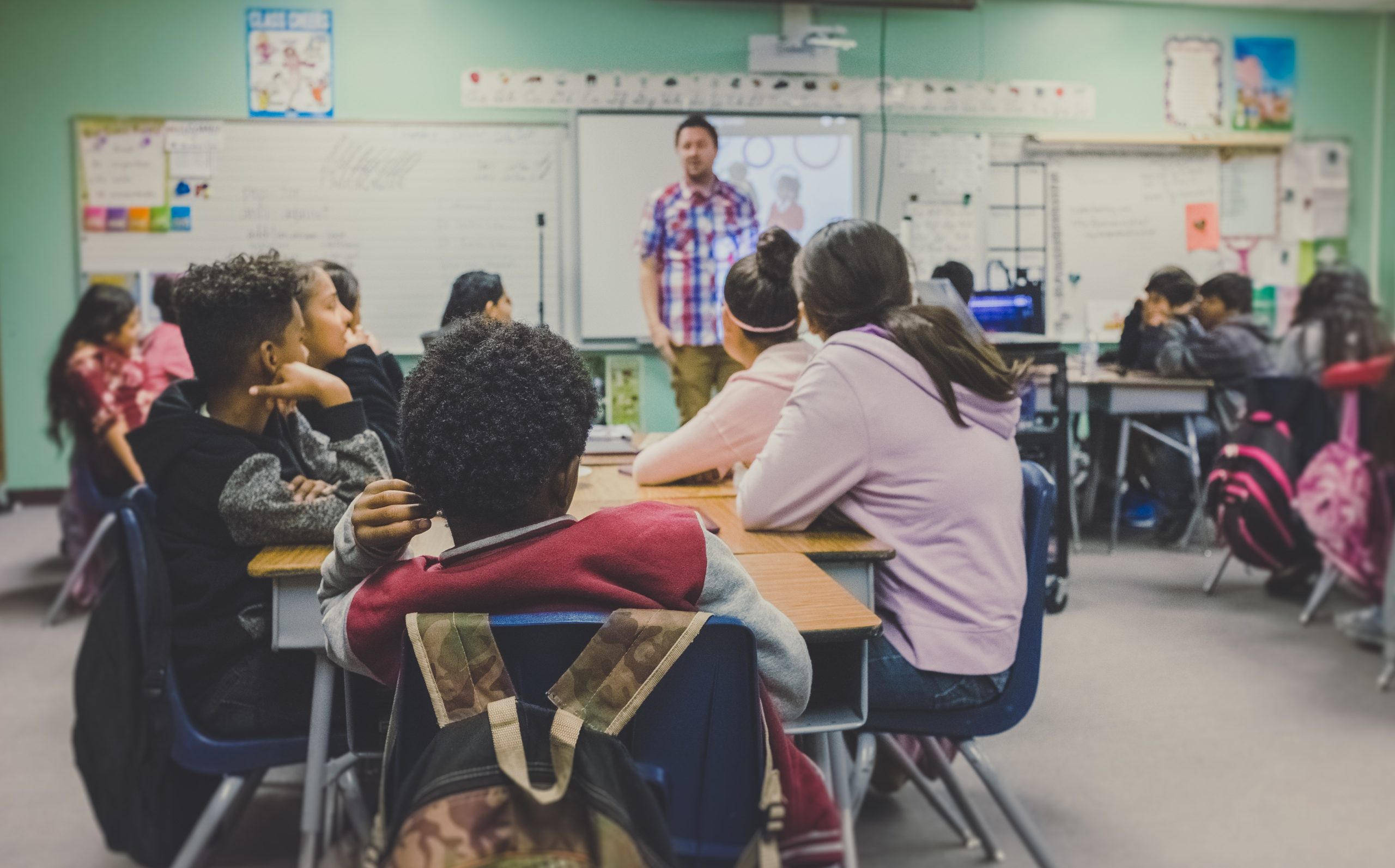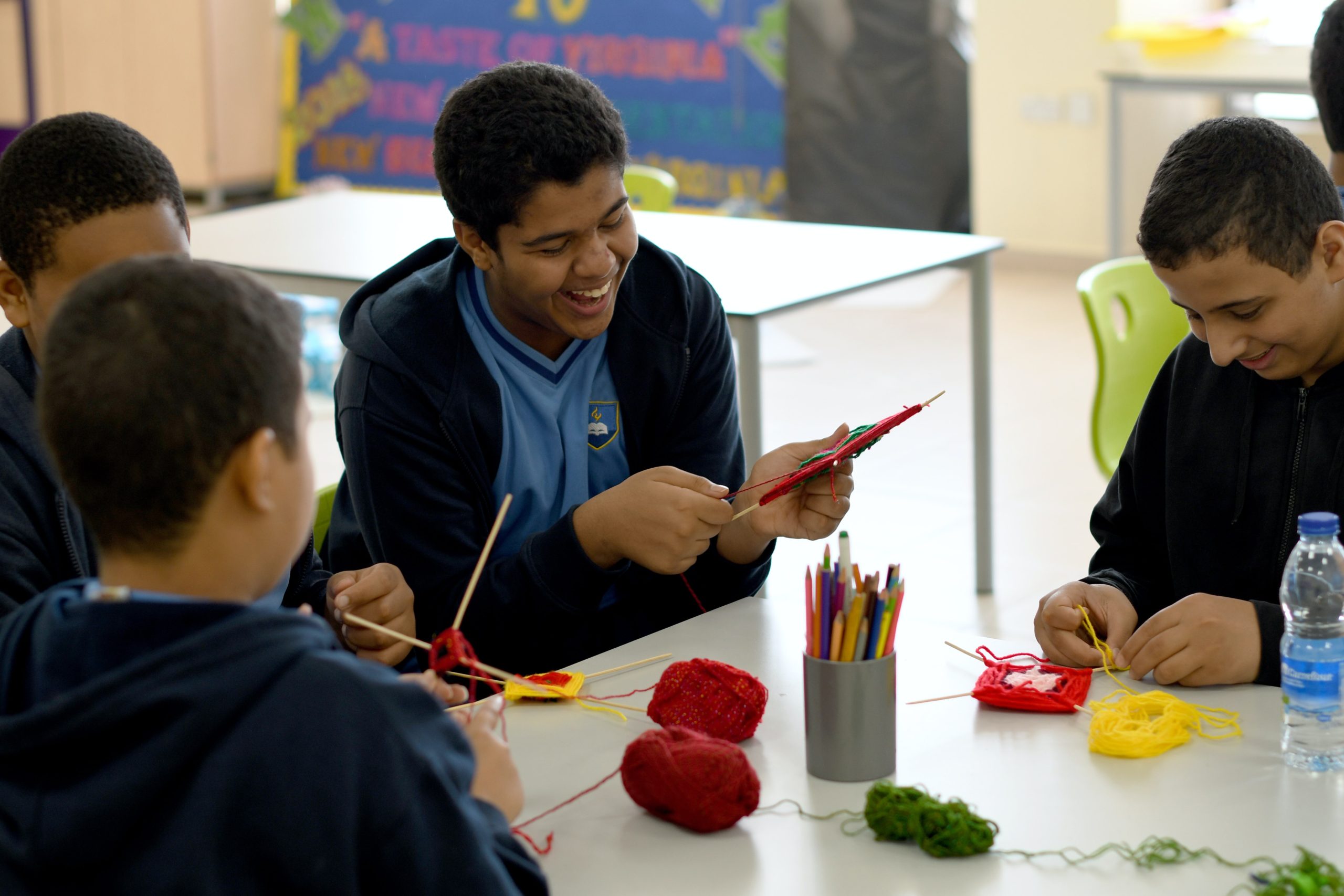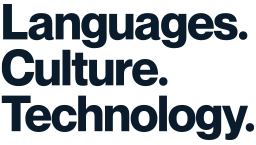How to be a GREAT Global Educator in 2022
Global Competence is no longer an area of focus for an elite few educators that teach internationally. As we enter 2022 and see how global and local landscapes act and react to the Covid-19 Pandemic, as we see the climate crisis worsen and our young people campaigning for solutions, as we see decisions made on the other side of the globe impacting on our own towns, cities and ourselves, it is crystal clear that we need Globally Competent educators and students today – not tomorrow. We are not preparing students ‘for the future’, we are equipping them with the skills of now – Global Competence.
So what is a ‘Globally Competent Educator’? Is it simply someone that understands the realm of Global Citizenship and Competence? Or is it a broader set of skills and knowledge?
“Global competence in teachers is a set of essential knowledge, critical dispositions, and performances that help foster development of learners’ global competence. A globally competent teacher has knowledge of the world, critical global issues, their local impact, and the cultural backgrounds of learners; manifests intercultural sensitivity and acceptance of difference; incorporates this knowledge and sensitivity into classroom practice; and, develops the skills to foster these dispositions, knowledge, and performances in learners. The teacher models socially responsible action and creates opportunities for learners to ngage in socially responsible action.” © NAFSA: Association of International Educators, 2015, The Top Ten Characteristics of a Globally Competent Teacher

Actions to take this year
I’ve been thinking a lot about what makes a great Global Educator and believe the following 9 actions will not only equip educators well for a great year of growth, but also a great year of learning for their students.
1. Goal Setting
Establish and clarify your Global Ed goals for the year. Decide where you want to put your time and energy this year. Do you want to grow your PLN? Explore and offer some Global Collaboration opportunities for your students? Or build more opportunities into the curriculum for students to develop global perspectives or take action?
Once you’ve nailed down your goals, you can start to find the resources needed to meet them. Don’t forget to consider which of your goals is a ‘quick win’ and can be knocked off quickly and build your confidence, and which will take longer to achieve and will require more time, energy and resources.
2. Curriculum
Review your curriculum plans for the year. Where can a ‘global focus/lens’ be added in? Review the four stages of Global Competence, analyse your subject areas or topics thru each of the four lens and see where you can adjust your planning. Or consider how the ‘big themes’ of Global Education are addressed. e.g. sustainability, social justice, diversity. You can also consider where the UN Sustainable Development Goals fit in. Don’t forget to include your colleagues to build a larger movement of Global Ed in your school and share the load of planning and preparation.
Check out: PISA Global Competence Framework and Oxfam’s Global Citizenship in the Classroom, p.5

3. Resourcing
Explore how resourcing supports Global Ed. Making changes to curriculum and units of work is not always an option for many educators for a number of reasons, however, choosing suitable resources to support teaching and learning may be more realistic. This may also be an easier place to start rather than curriculum review and redesign. While there are heaps of great print resources out there, I often find the best Global Ed resources are digital. Simply because they are much more up to date and relevant to what’s happening now, in our fast paced world. One great area to start with is to address which books are in the school library (that also support teaching and learning). There are an increasing number of print resources that are well aligned to Global Ed topics.
Check out: Global Citizens Through Libraries and Texts, Global Dimensions, Global Oneness Project
4. Digital Technology
Consider how you plan to use digtech to develop global perspectives (learning about the world) and for global collaboration (learning with/from the world). Consider which platforms best support student action (one of my favourites is Videos for Change) and where you’ve planned opportunities for student action to take place. Using digtech always requires strong Digital Citizenship skills too, so make sure you’ve got a good framework and resources to support students with this.
Check out: The Global Hi-5, AEF Global Collaboration Toolkit, Videos for Change
5. Global knowledge
Stay abreast of news and current affairs. Consider how events are globally connected and impact both locally and globally. This is both relevant for educators and for their students. There are plenty of apps and platforms now that grade the news for students so they can access relevant stories appropriately. As always, find links to what you’re learning in class to help students make connections and deepen learning.
Check out: Behind the News and The 3 Why’s Thinking Routine.
6. Media Literacy
Media Literacy is just as important as Digital Citizenship and one of underpinning skills that all Global Educators need. Consider Bias – your own and the students. “News” always contains bias AND we live in a world of ‘alternative facts’, ‘deep fakes’ and ‘misinformation’, that is a lot to navigate. Key skills of fact checking, identifying bias and perspectives and stereotypes is key to consuming information and media but also consider the skills students need for producing media. Consider and discuss how important perspectives and bias is in producing media too, not just consuming it.
Check out: Documenting Learning and Media and Visual Literacy
7. Intercultural Understanding

Find opportunities for authentic intercultural experiences. Consider how your local community and parents/caregivers can contribute and share their experiences. Reflect on what your students might have to learn from them and where they might support teaching and learning authentically. Explore how you might use Video Conferencing or Global Collaboration for peer to peer or expert connections that build ICU.
Check out: Mystery Skype, The Human Library
8. Globally reflective environments
Ensure your school and classroom environment shows it values global education, whether that’s through bilingual classroom labels that reflect the school language program, through community languages inclusion and displays, through displaying the SDGs or through other globally relevant displays or showcasing of students’ Global Ed work.
Check out: Bilingual Classroom Labels for Chinese and Spanish, SDG posters
9. Professional Learning Networks/Communities and PD
Develop networks of Global Educators and find suitable PD opportunities for continuously learning. Global Ed is an area that develops quickly and, as a multifaceted area, has endless opportunities to learn and grow in. Global networks exist across all the Social Media platforms such as the monthly #globaledchat on Twitter or the Going Global Facebook Group. PD these days takes many forms and with a range of great Global Ed related books, and online self-paced courses, you can do your PD when it suits and target your PD to the Global Ed goals you’ve set out.
Check out: Going Global Facebook page, #globaledchat on Twitter, hosted by Heather Singmaster
I hope you have a wonderful year ahead of Global Ed learning and teaching. I am forever fascinated by the different areas and aspects of it and how educators across the globe approach this work. I would love to stay abreast of what you’re doing in your context and celebrate your achievements with you!






